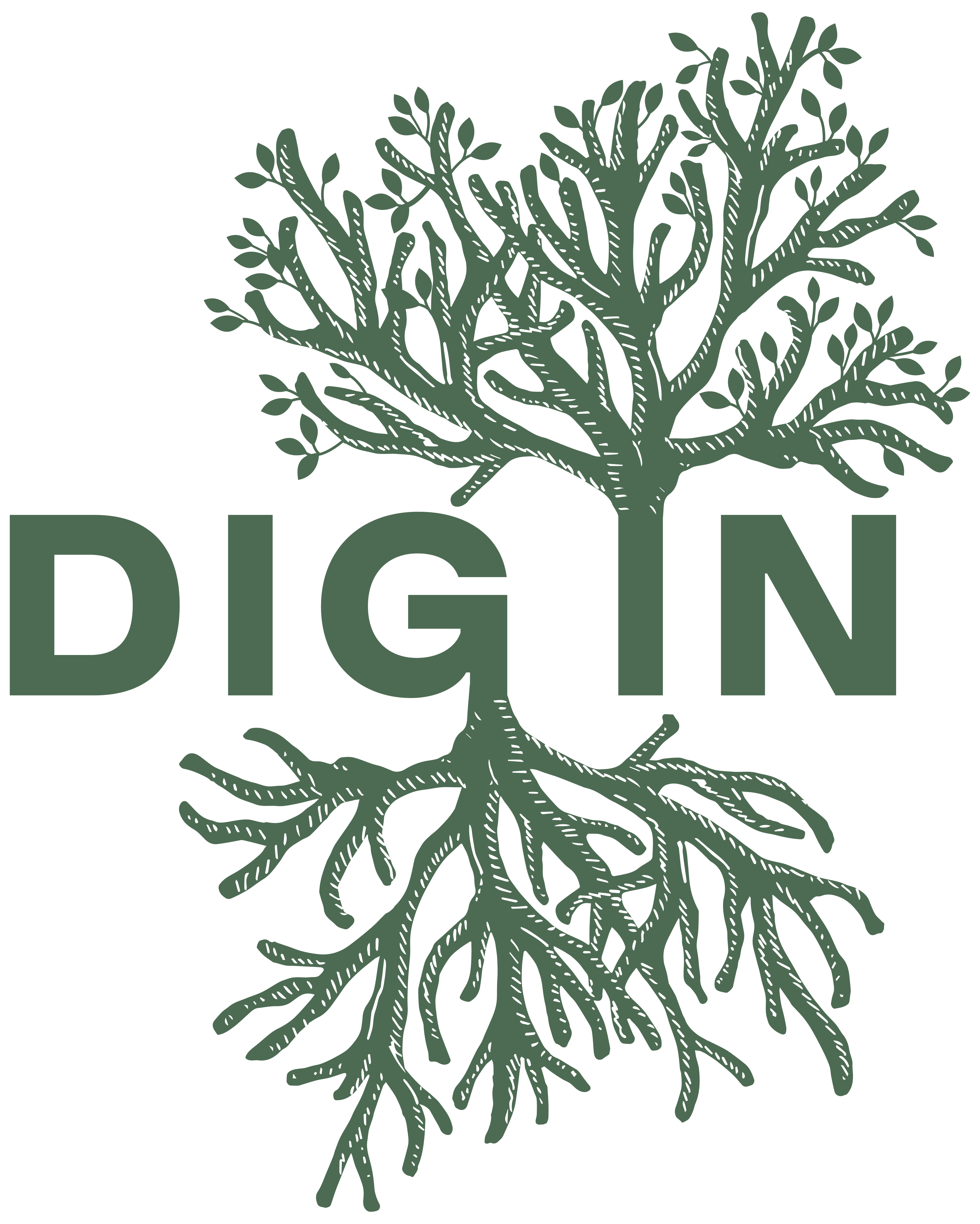A thing is mighty big
when time and distance
cannot shrink it.
–Zora Neale Hurston
I recently returned home from a summer camp reunion in Maine. Although it felt in many ways as if being there was returning home.
This month’s musings are about the power of returning to the places and people who have shaped us and is dedicated to Hidden Valley Camp in Freedom, ME-the place itself, and all of those connected to it and who have in some way inspired my experience there. It was a blessing to return to such a special place and see people I haven’t seen in years.
The writer Barry Lopez has a concept that I have always loved: he talks about the need to “reconcile our inner and outer landscapes.”
For someone who works to cultivate sustainable communities, build networks for social change, and support place-based initiatives, I’ve experienced how the places we inhabit and the communities we are a part of can reflect and inform our internal landscape.
Last month, I had the tremendous privilege to return to a summer camp in Maine where I’d spent a decade from the early 80s into the early 90s as a camper, counselor, and program director.
I arrived early with my family, and the place was quiet and immediately familiar. As if it had been within me all the years since I’d been there. Old friends arrived, and the familiarity deepened-the people and the place complementing each other and stirring memories and laughter.

This is the power of reuniting and reconciling with places and individuals who have touched our lives–and those places and opportunities seem all too rare. Each person at that summer camp in Maine had numerous stories, feelings, songs they could share that continue-years later-to have a profound influence on the people they have become.
I remarked to Peter and Meg Kassen, the camp’s owners and directors (and among my early mentors), that my time at camp had fundamentally shaped who it is that I am, my values, and what it is that I do in the world: working with groups of people to create and sustain healthy communities, engage meaningfully with each other, and act as stewards of the places–urban, rural, and wild–that they love.
They in turn confirmed these feelings in their comments to the group around a campfire two nights later, talking about the deeply embedded values of prioritizing inclusion and acceptance (Peter reflected that the camp has long welcomed children and staff from throughout the world and from diverse backgrounds) and which at its core is about stewardship (Meg sharing that “the unsung hero of this place is the place itself”).
These are very central values for me and inform my work-I often quote Aldo Leopold who offered “There are two things that interest me-the relationship of people to the land, and the relationship of people to each other.”
Reunions are life-affirming events, and as the writer Toba Beta shares that “reunion demonstrates the potential in friendships that haven’t emerged in the past”. I reconnected with many friends back in Maine, who even though we are not in touch regularly continue to inspire and encourage me, and some of whom I hadn’t even fully connected with while at camp but who reflect the spirit and values of a place that was so special to all of us.
In addition to sharing stories, we also shared the songs which shaped our camp experience. And we laughed repeatedly at the fact that many of the songs we loved were about disaster and loss–whether a rollicking almost celebratory tune about the Titanic going down, or the more plaintive Neil Young or Joni Mitchell reflections on fleeting youth in Sugar Mountain or The Circle Game.
There was something about camp that built community, acknowledged reality in a place that seemed like a fantasy, allowed for the shaping of lifelong values. Such experiences have been shown to build resilience for children, and I would propose even provide guidelines for creating resilient and thriving communities.
One of my favorite Wallace Stegner quotes epitomizes my feelings after that reunion weekend:
“Whatever landscape a child is exposed to early on, that will be the sort of gauze through which he or she will see all the world afterwards.”
Though there are many places and communities I have come to love, including my home in California and my current professional community (many of whom I could see as their adult or younger selves at that summer camp in Maine!), there is part of me that will always see the world–and possibilities for connection, community, and change–through the experience nurtured by Hidden Valley Camp.
Mary Oliver is one of my favorite poets, partly because she is able to capture universal and profound feelings and an appreciation of the moment via an experience with nature.
Invitation
Oh do you have time
to linger
for just a little while
out of your busy
and very important day
for the goldfinches
that have gathered
in a field of thistles
for a musical battle,
to see who can sing
the highest note,
or the lowest,
or the most expressive of mirth,
or the most tender?
Their strong blunt beaks
drink the air
as they strive
melodiously
not for your sake
and not for mine
and not for the sake of winning
but for sheer delight and gratitude-
believe us, they say,
it is a serious thing
just to be alive
on this fresh morning
in this broken world.
I beg of you,
do not walk by
without pausing
to attend to this
rather ridiculous performance.
It could mean something.
It could mean everything.
It could be what Rilke meant, when he wrote:
You must change your life.
Mary Oliver

